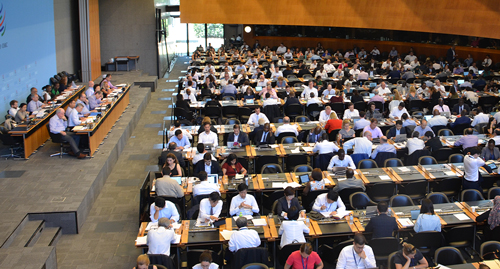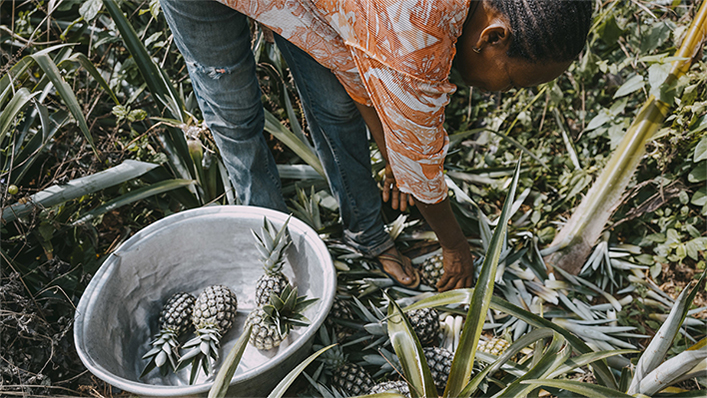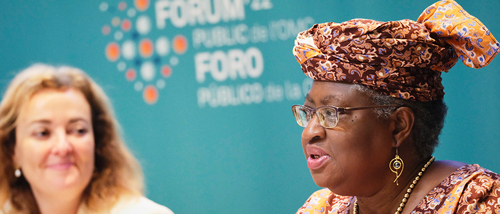What we do
The WTO operates the global system of trade rules and helps developing countries improve their capacity to trade. It also provides a forum for its members to negotiate trade agreements and to resolve the trade problems they face with each other. The overall objective of the WTO is to help its members use trade as a means to raise living standards, create jobs and improve people’s lives.

Trade negotiations
The WTO agreements - covering goods, services and intellectual property - are not static; they are altered from time to time and new agreements can be added to the package. Changes to the rules of trade require the agreement of WTO members, who must reach a decision through negotiations. Recent agreements include the Trade Facilitation Agreement, which entered into force in 2017, and the Fisheries Subsidies Agreement adopted by WTO members at the 12th Ministerial Conference in June 2022.
Implementation and monitoring
WTO agreements require governments to make their trade policies transparent by notifying the WTO about laws in force and measures adopted. Various WTO councils and committees seek to ensure that these requirements are being followed and that WTO agreements are being properly implemented. All WTO members must undergo periodic scrutiny of their trade policies and practices, each review containing reports by the country concerned and the WTO Secretariat.


Dispute settlement
The WTO’s procedure for resolving trade quarrels under the Dispute Settlement Understanding is vital for enforcing the rules and therefore for ensuring that trade flows smoothly. Countries bring disputes to the WTO if they think their rights under the agreements are being infringed. Judgements by specially appointed independent experts are based on interpretations of the agreements and individual countries’ commitments.
Building trade capacity
WTO agreements contain special provision for developing countries, including longer time periods to implement agreements and commitments, measures to increase their trading opportunities, and support to help them build their trade capacity, to handle disputes and to implement technical standards. The WTO organizes hundreds of training activities for developing countries annually. The Aid for Trade initiative aims to help developing countries improve the skills and infrastructure needed to expand their participation in global trade.


Outreach
The WTO maintains regular dialogue with non-governmental organizations, parliamentarians, other international organizations, the media and the general public on various aspects of the WTO, with the aim of enhancing cooperation and increasing awareness of WTO activities.